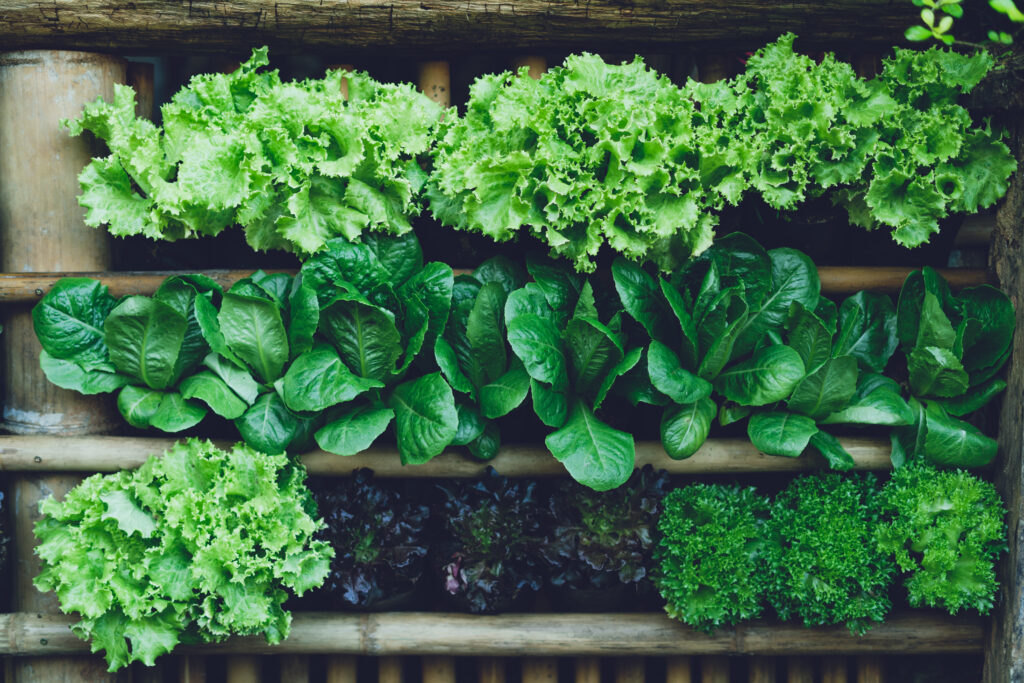
Many people with GERD can relieve their symptoms by making simple changes to their diet. It is important to eat smaller, more frequent meals and avoid foods that trigger acid reflux. Also, eating dinner earlier in the day and waiting three hours before laying down can help prevent acid from entering the esophagus.
1. Ginger
Ginger is a natural anti-inflammatory that helps promote healthy digestion. It has also been found to help relieve stomach pain and soothe an upset stomach.
Make sure to drink ginger tea or take it as a supplement after meals. Avoid the type of ginger that contains mint or spearmint, however, as these may trigger acid reflux symptoms.
You can also add ginger root to your favorite recipes. However, it’s important to talk to your doctor before trying this remedy as it can interact with some medications.
2. Leafy Greens
People who eat a lot of leafy greens (like spinach, arugula and mesclun mix) may have a lower risk of developing GERD than those who don’t. However, large servings can trigger acid reflux in some people, so make sure to stick with a healthful portion size (one cup of vegetables or potatoes is about the size of a tennis ball and one slice of bread or a small bagel).
Root veggies like sweet potatoes and fennel are great GERD-friendly options because they’re alkaline and won’t compound your stomach acid. Plus, they are high in fiber and help you feel full.
3. Oatmeal
GERD symptoms can be relieved by switching to whole grains and fibrous foods that are low in acid. Try oatmeal, brown rice and sweet potatoes, as well as vegetables like fennel and carrots (not onions).
When you eat, a circular muscle in the lower part of your esophagus opens to let food and liquid enter your stomach. This muscle then closes to keep stomach acid from washing back into your throat.
Spicy foods, tomatoes, fatty or fried foods, chocolate and mints may trigger GERD. If you have a severe case, talk to your doctor right away. Your doctor may do an endoscopy to examine your throat and stomach.
4. Lean Meat
Protein is important for a healthy diet, but it can also trigger acid reflux symptoms. Try to stick to lean meats such as chicken, fish and turkey. Avoid high-fat meats such as beef and pork. It is best to eat these proteins in moderation and make sure they are cooked properly.
Non-citrus fruits and vegetables are a good choice for those suffering from GERD because they are low in sugar, contain fibre and don’t encourage acid reflux. Also, eat these foods earlier in the day as it may be easier to digest them.
Managing GERD through diet is a tricky affair as not everyone experiences the same triggers and symptoms. However, with some trial and error, you can learn your body’s rhythm.
5. Citrus Fruits
If you have GERD, eating citrus fruits like oranges and grapefruit could make your symptoms worse. This is because they are acidic and can irritate the lining of your esophagus, causing heartburn.
Foods high in fat can aggravate your symptoms as well. Try to stick to low-fat foods such as lean meats, whole grains, fruits, and vegetables. You can also go for fibrous veggies that have low acidic content, such as fennel, celery, and lettuce.
The best way to keep GERD at bay is to follow a diet that includes a variety of foods and avoids fatty foods, spicy foods, chocolate, alcohol, and carbonated beverages. Talk to your doctor or a registered dietitian to develop a plan that works for you.
6. High-Fat Foods
After eating, a muscular sphincter at the bottom of the esophagus opens to let food enter your stomach. Then it closes to keep stomach acid from flowing back into the esophagus. If you are overweight, that puts extra pressure on the sphincter and makes it more likely to open when it shouldn’t.
High-fat foods, like fried or any heavily fatty meats, decrease LES pressure and delay stomach emptying, increasing the likelihood of reflux. Spicy foods also aggravate symptoms because they increase stomach acid. Avoid these foods, if possible. A doctor or registered dietitian can help you develop a healthy diet. A food diary may be helpful.





